About Lifestyle and Behavior Change
Lifestyle and behavior changes are among the most effective interventions for preventing and managing cardiovascular disease (CVD), the leading cause of death globally. Risk factors such as poor diet, physical inactivity, smoking, excessive alcohol consumption, and chronic stress significantly contribute to the development and progression of CVD.
Nurses play a pivotal role in encouraging and supporting patients to adopt healthier lifestyles, which can lead to substantial improvements in cardiovascular health and overall well-being.
Resources
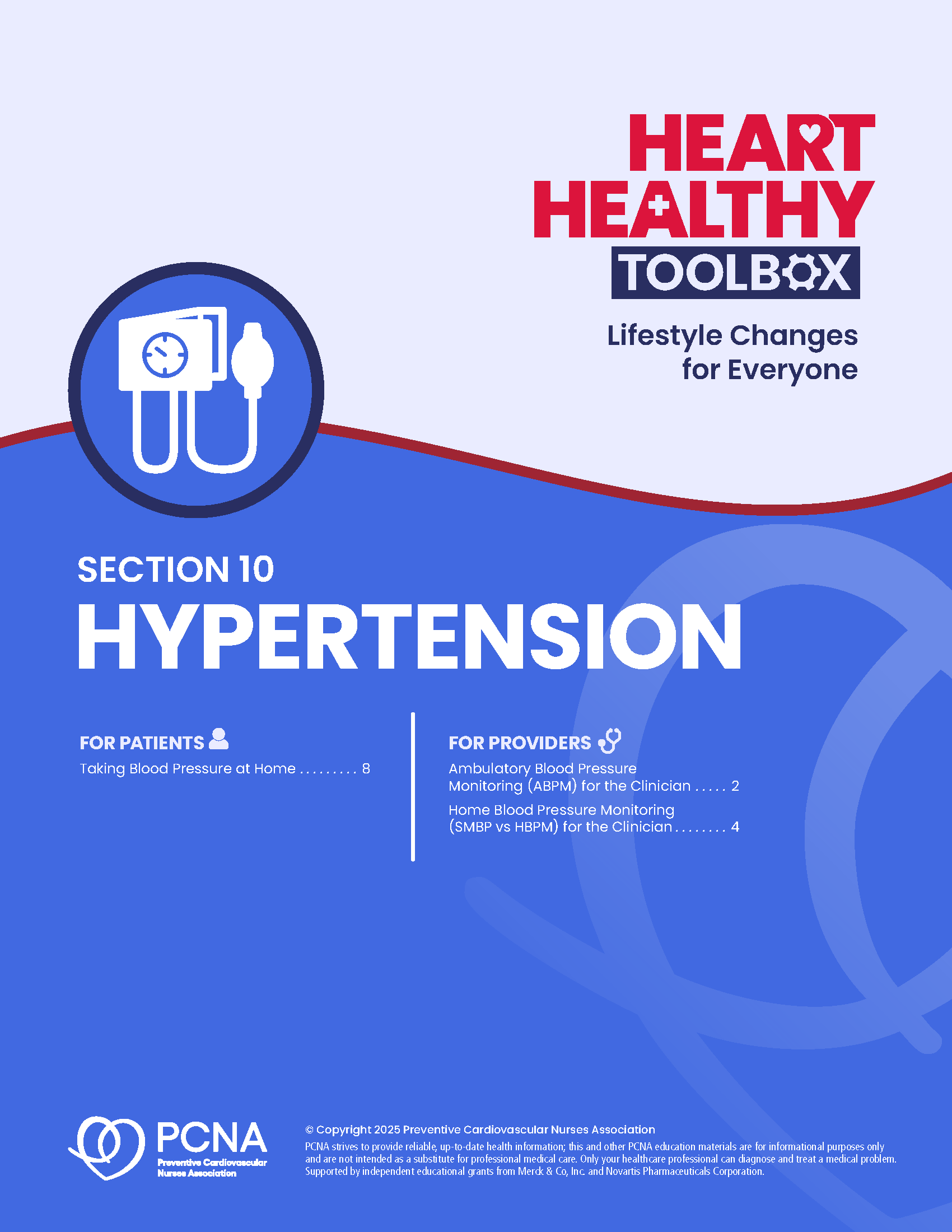
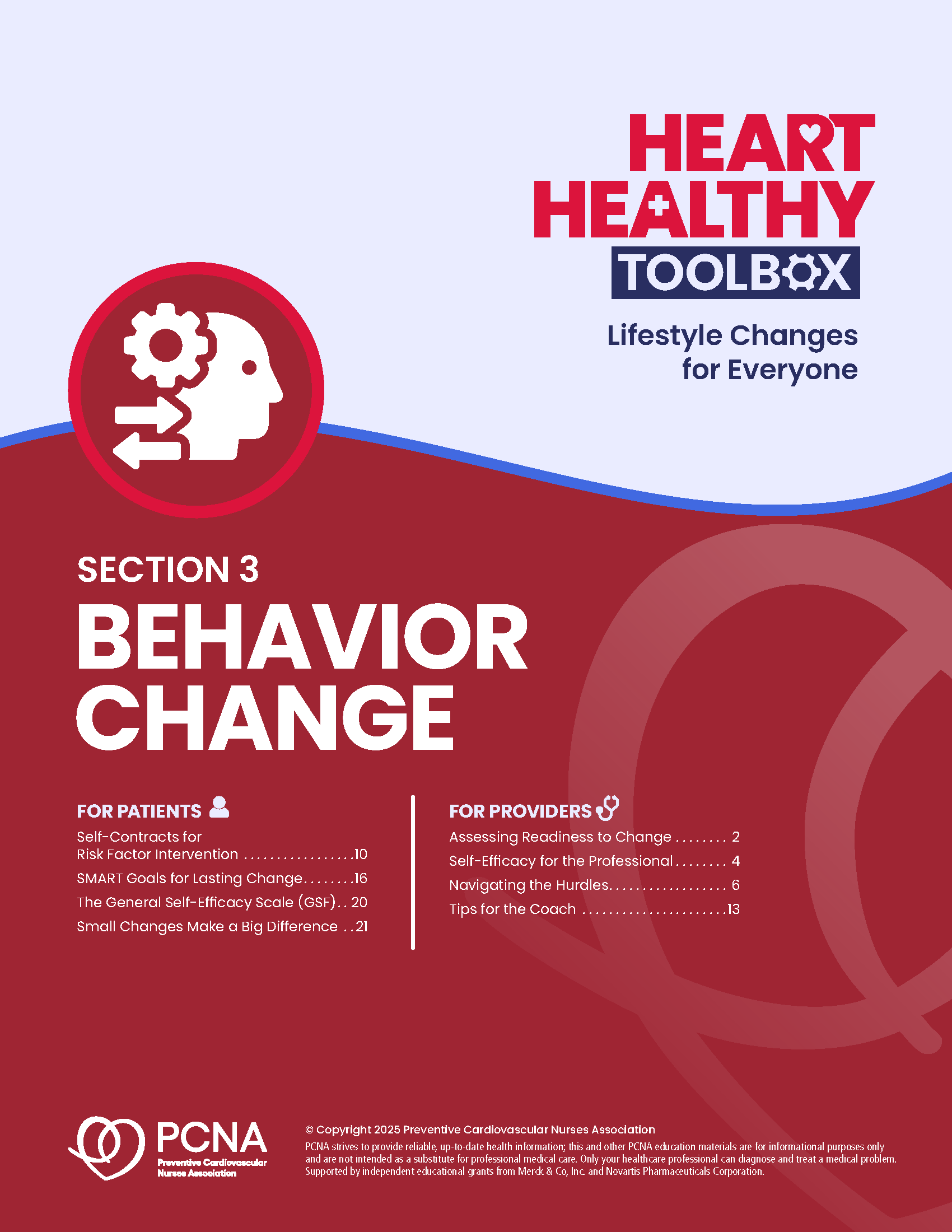
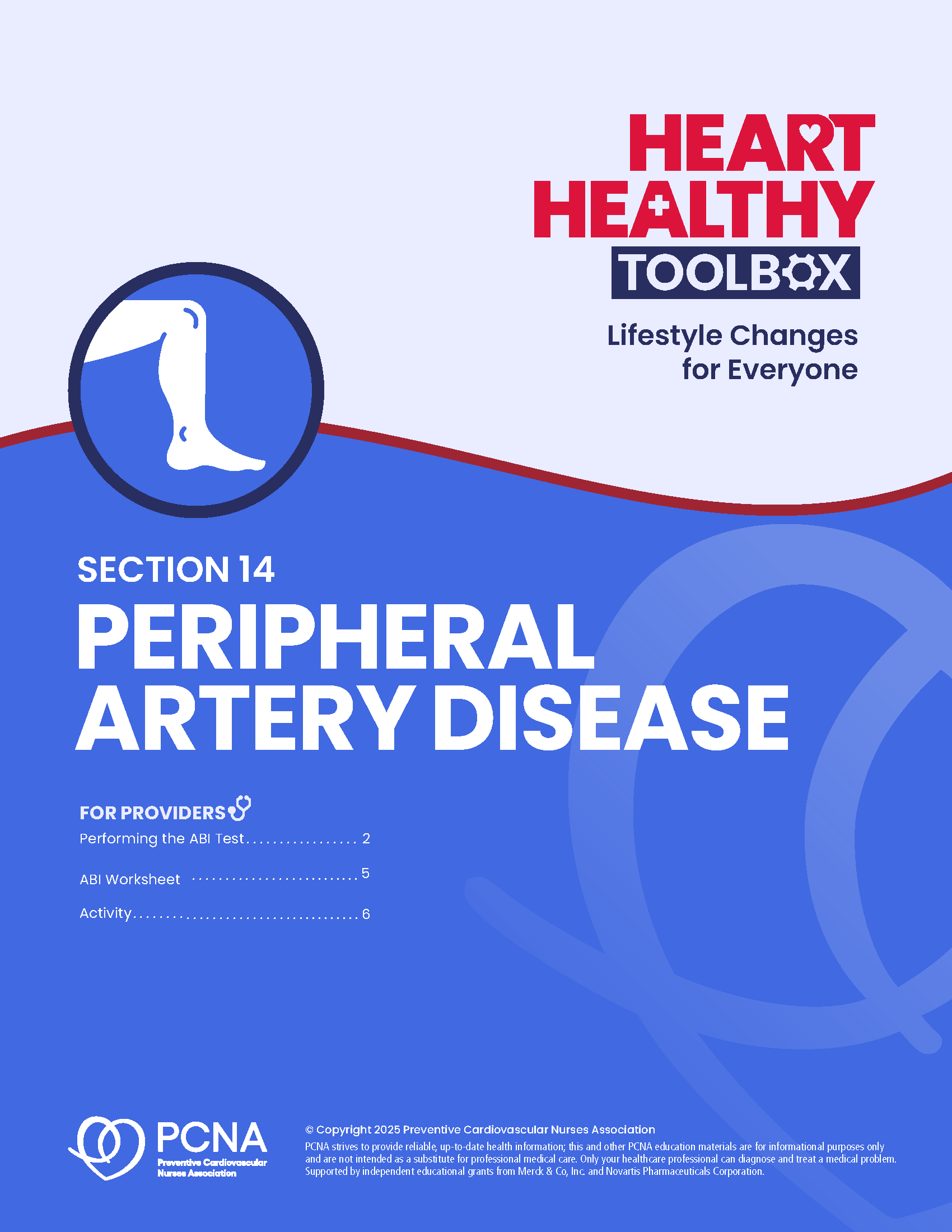
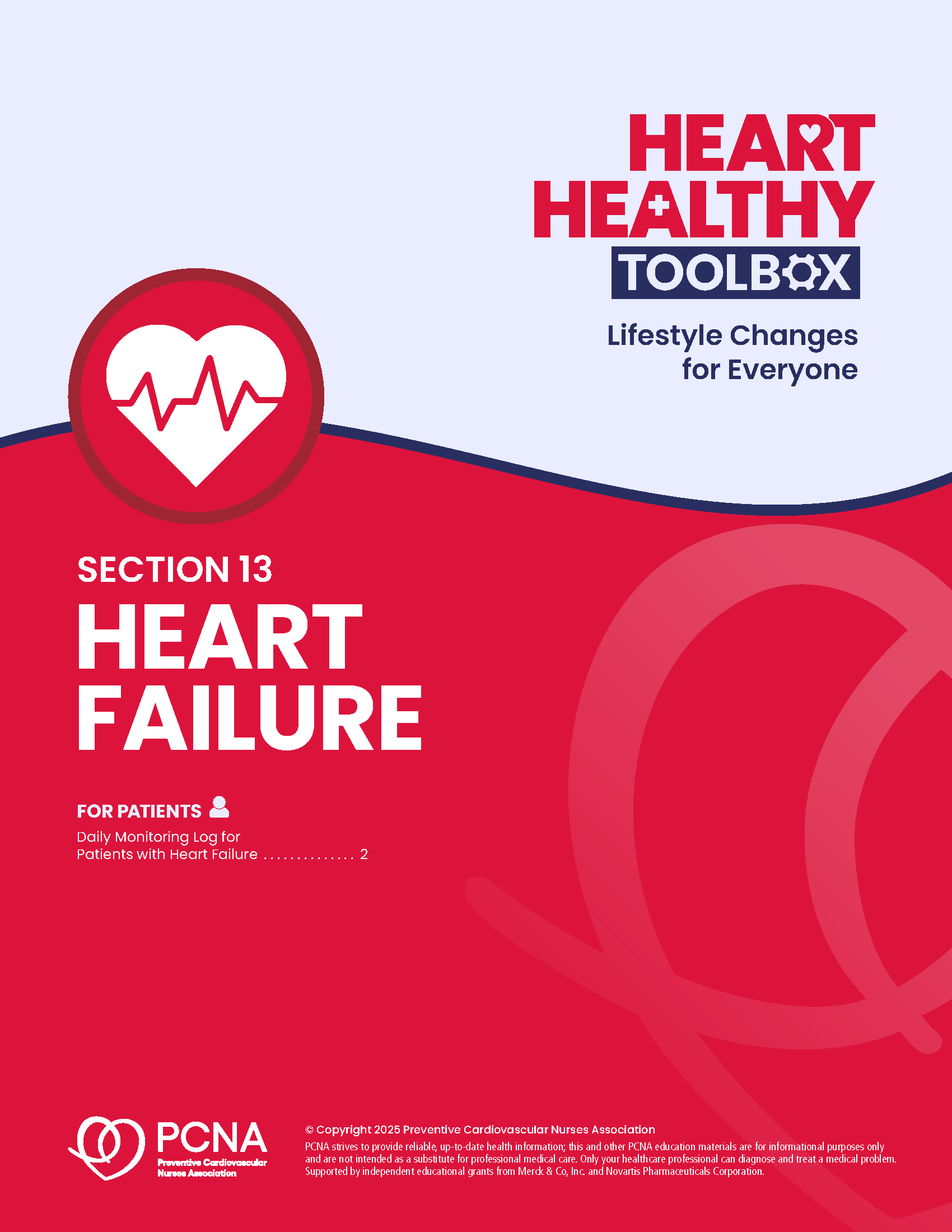
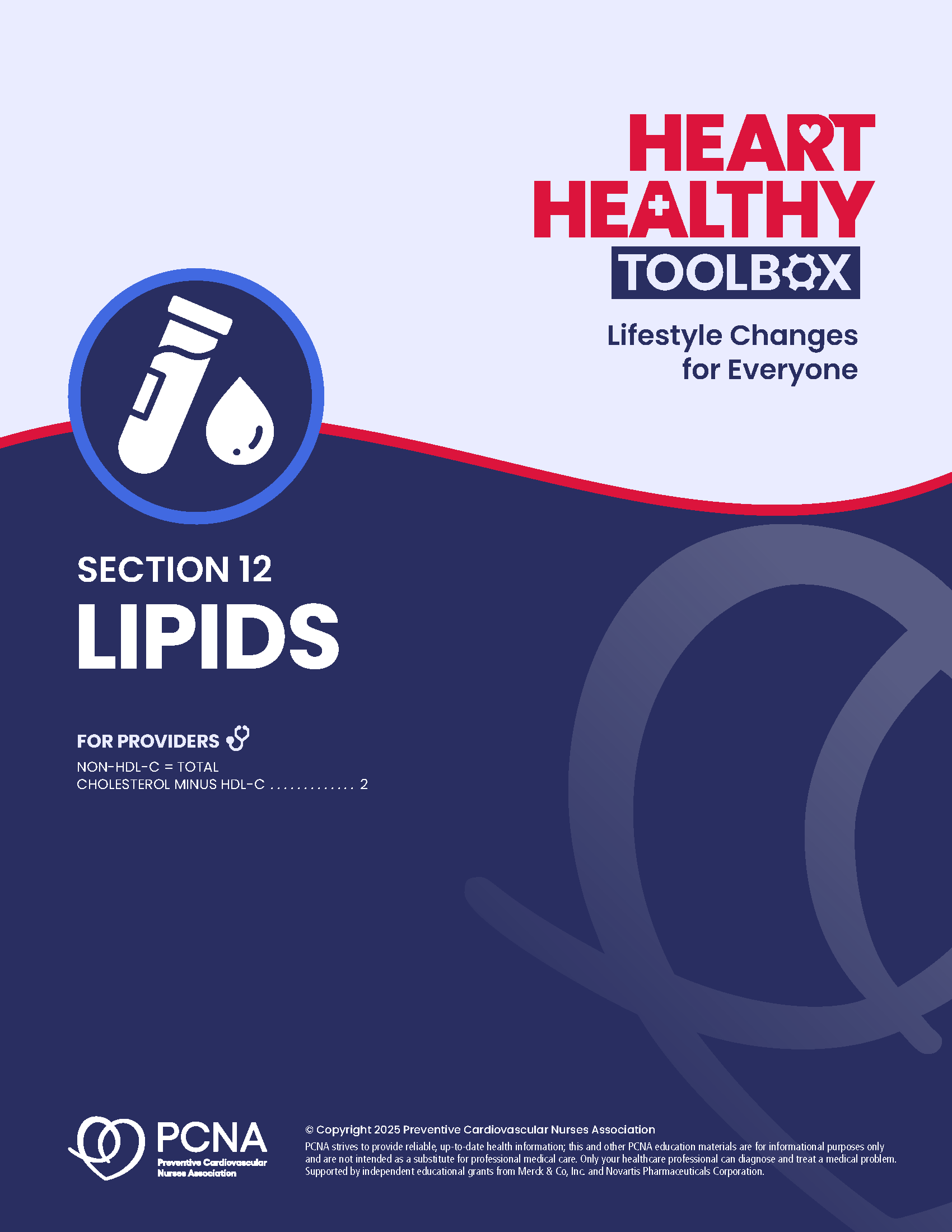

Courses
0 CE contact hours
0 Pharmacology contact hours
Free
0.65 CE contact hours
0 Pharmacology contact hours
Free
0.75 CE contact hours
0 Pharmacology contact hours
Free
0.65 CE contact hours
0 Pharmacology contact hours
Free
0.75 CE contact hours
0 Pharmacology contact hours
Free
0.75 CE contact hours
0 Pharmacology contact hours
Free
News
Facts and Fictions: “The PURE Diet”
January 15, 2026
Marijuana Use: The Good, the Bad, and the Unknown
January 05, 2026
Ketosis vs. Ketoacidosis: What’s the Difference?
November 10, 2025
Podcast Episodes
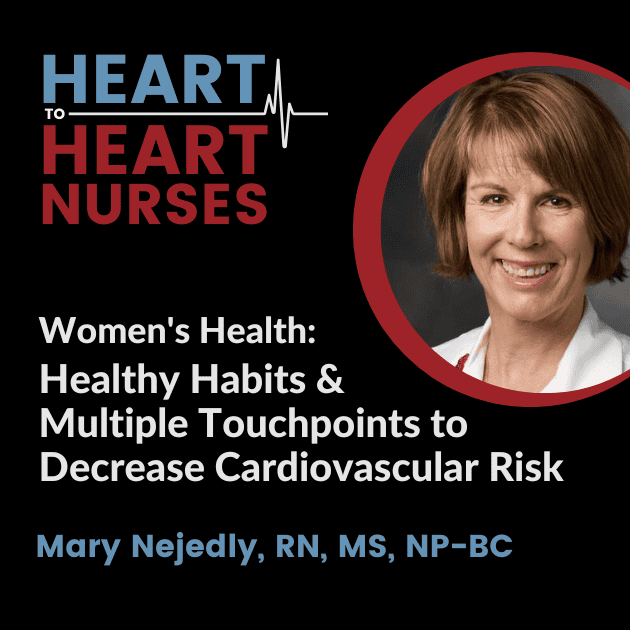
Lifestyle and Behavior Change, Risk Assessment and Management, Women and Heart Disease
Women’s Health: Healthy Habits and Multiple Touchpoints to Decrease Cardiovascular Risk
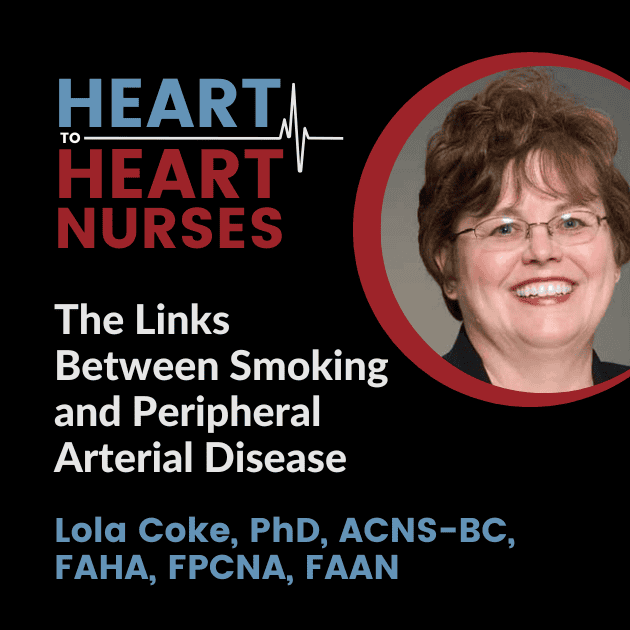
Lifestyle and Behavior Change, PAD
The Links Between Smoking and Peripheral Arterial Disease

Lifestyle and Behavior Change





